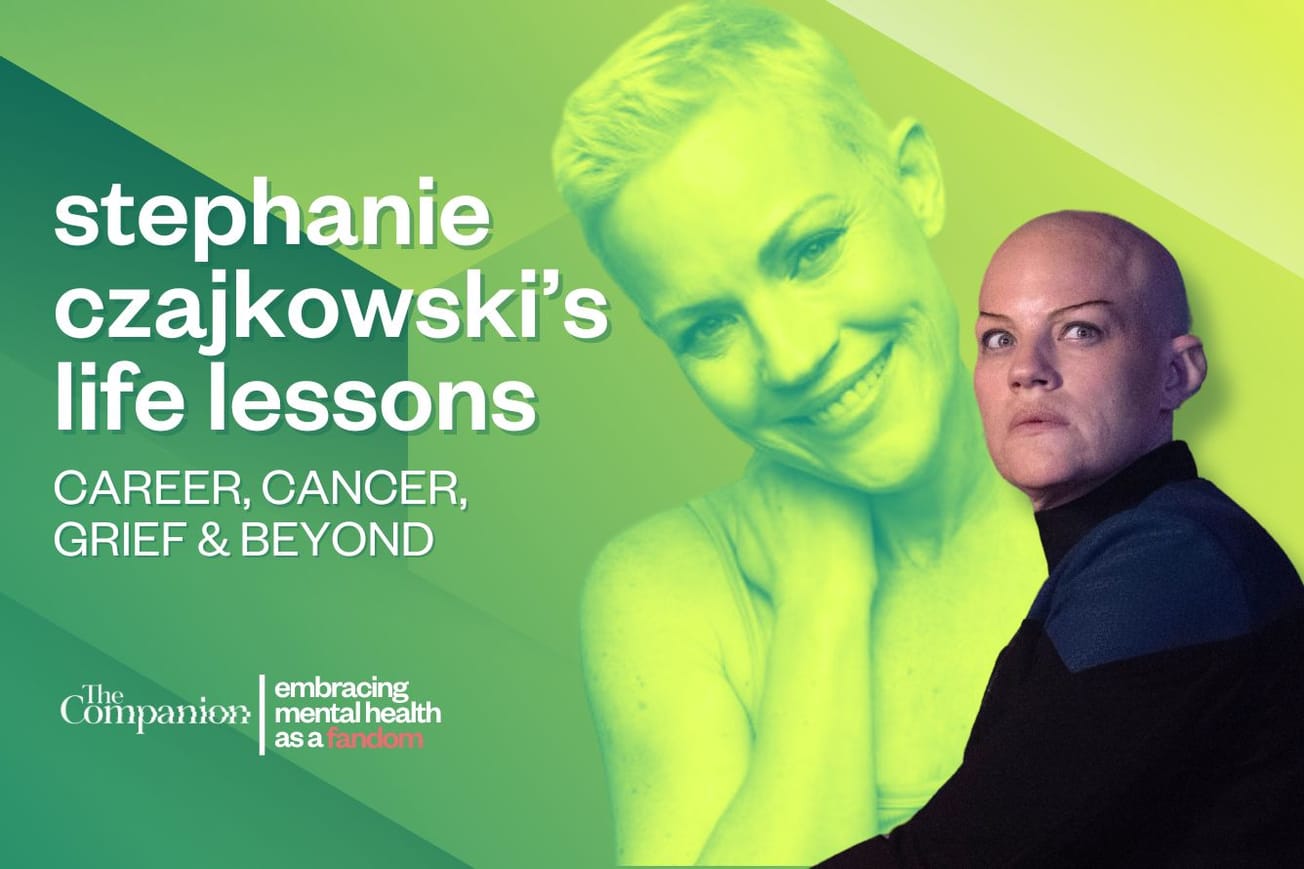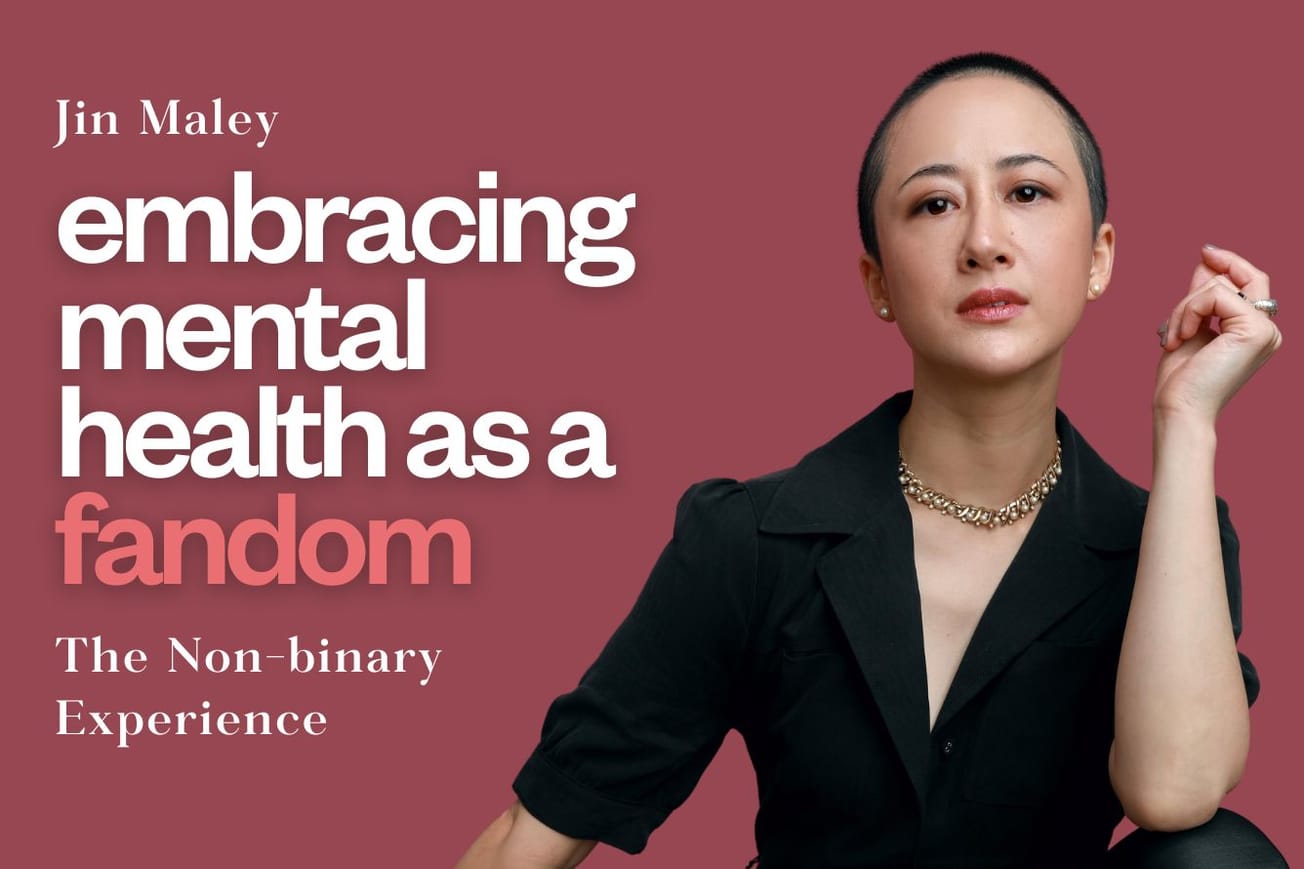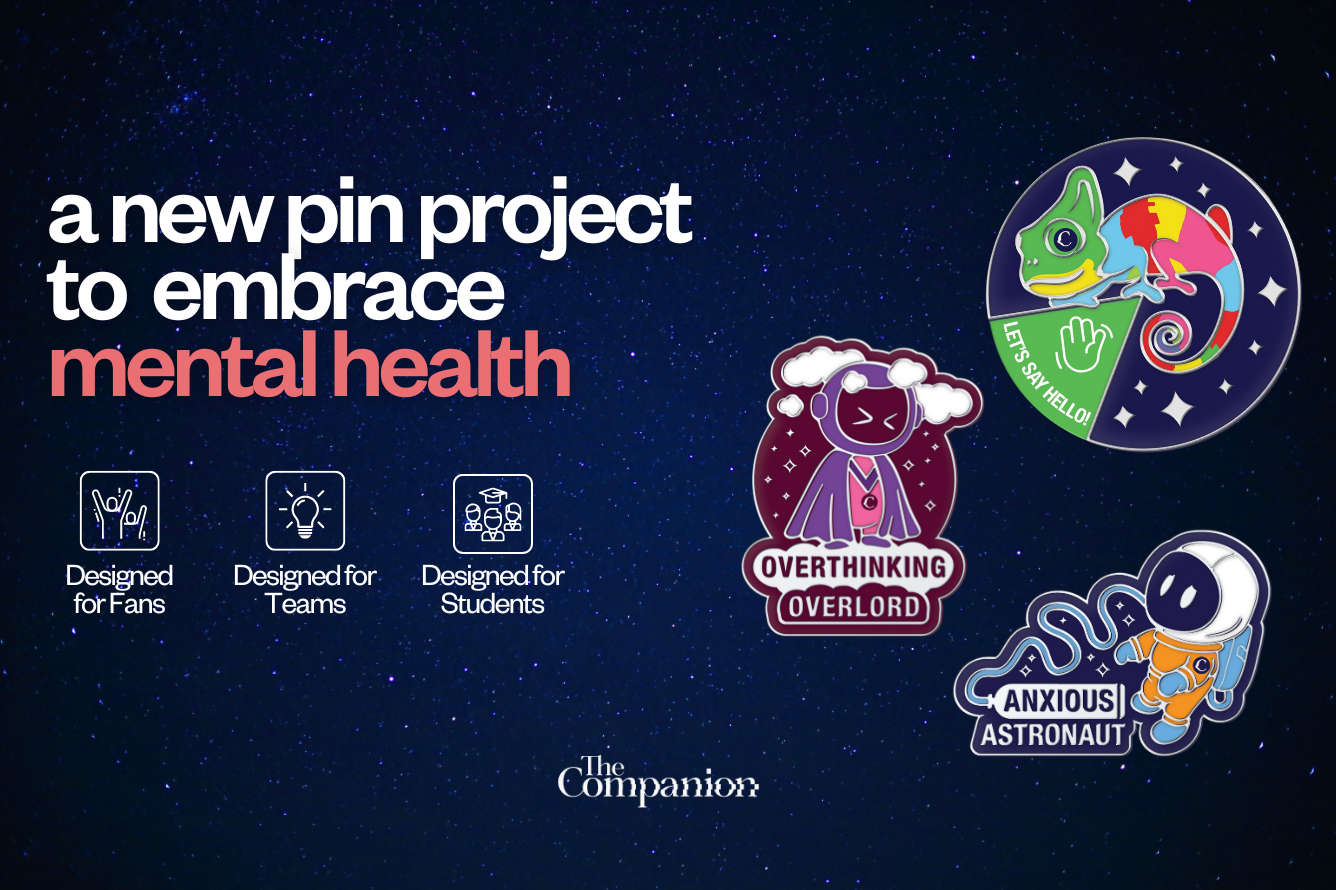To put it simply, nobody has the perspective on Star Trek that Jonathan Frakes has.
As Commander Will Riker in Star Trek: The Next Generation (and Tom Riker, the transporter clone, as Star Trek: Lower Decks likes to remind us), Frakes has led away teams into certain death and grappled with Romulans in the spirit of James T. Kirk. As a director he’s overseen arguably the greatest movie of The Next Generation era, Star Trek: First Contact (1996), as well as episodes of Star Trek Discovery, Star Trek: Picard, and Star Trek: Strange New Worlds.
Jonathan Frakes was literally handpicked by Gene Roddenberry and shared the screen with the cast of The Original Series, creating a chain that stretches from the birth of the series to its latest incarnation. How many other people can say that?
Behind the scenes he’s seen Star Trek: The Next Generation go from pretender to the throne to true king in the eyes of the fans, so the opprobrium that often greets the new shows, primarily Star Trek: Discovery, in the murkier corners of fandom is altogether too familiar.
“It seems absurd,” he tells Ian Spelling in the first episode of our new Star Trek interview series, To Boldly Ask…, “but also, you know as well as anybody, people react to Star Trek. It gets so deep into the weeds and so specific.
“I mean, when our show came on the air, nobody wanted to see an English captain with a French name. They wanted Kirk, right? They also had no interest in Data, they wanted Spock. They wanted Bones. And they were resistant to our show for many, many years. I remember going to work in the first season of Discovery and the same, the same kind of reaction without having seen the show.”
Frakes also spoke about his work in support of PanCan, the Pancreatic Cancer Action Network, and we donated on his behalf. If you enjoy the interview, we’d encourage you to donate today to help fund research, resources, and support for those affected.









